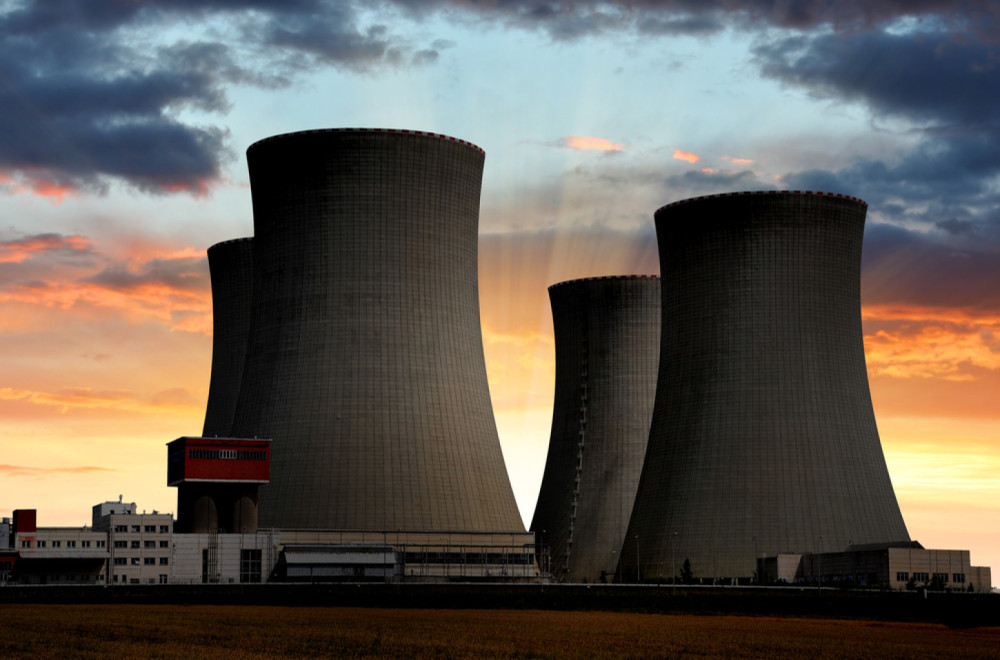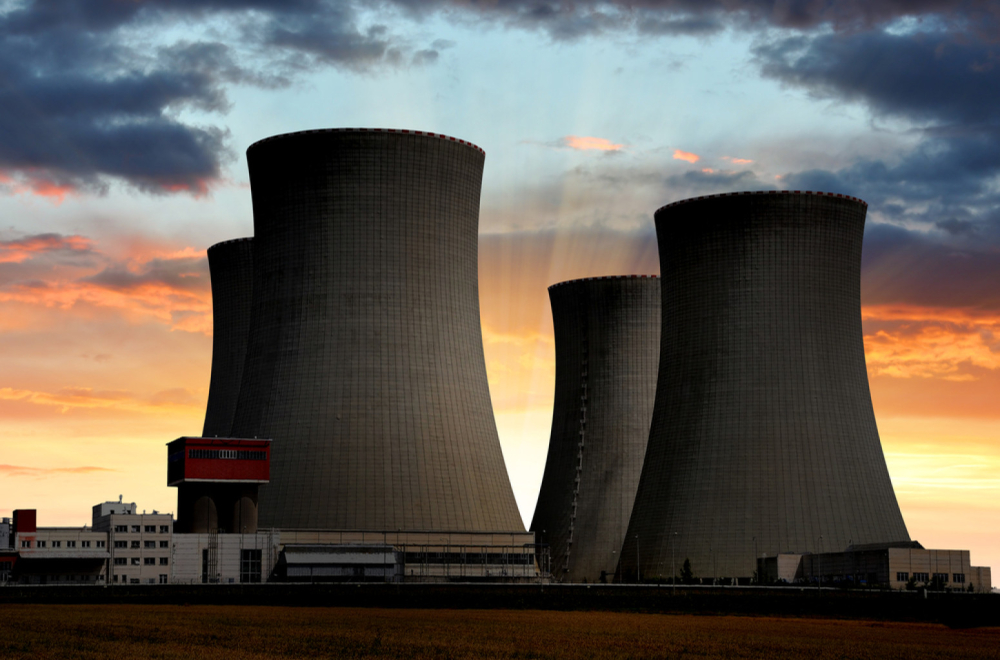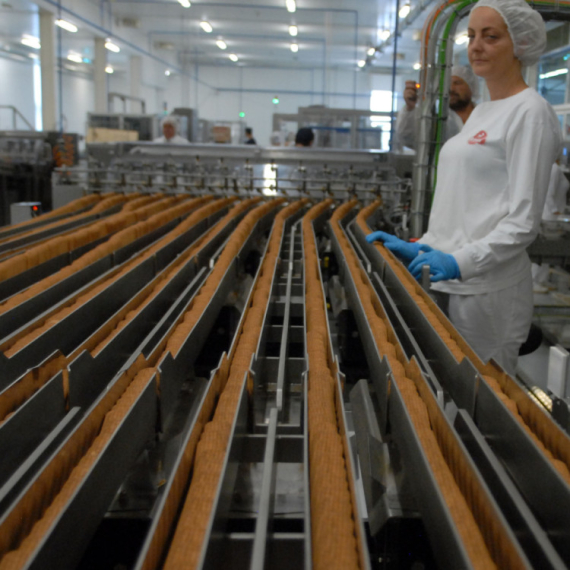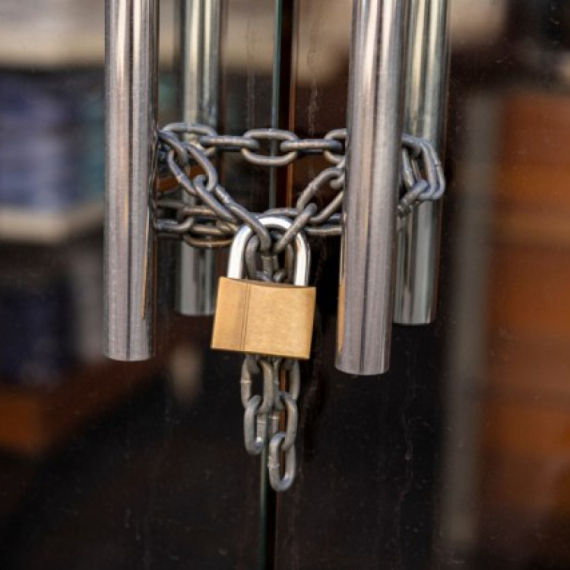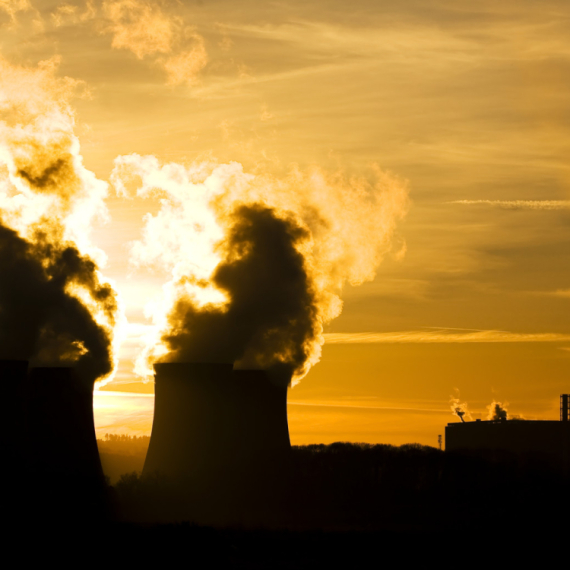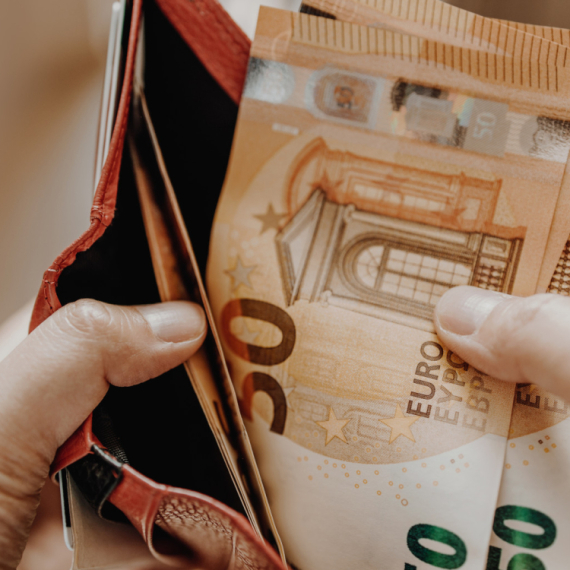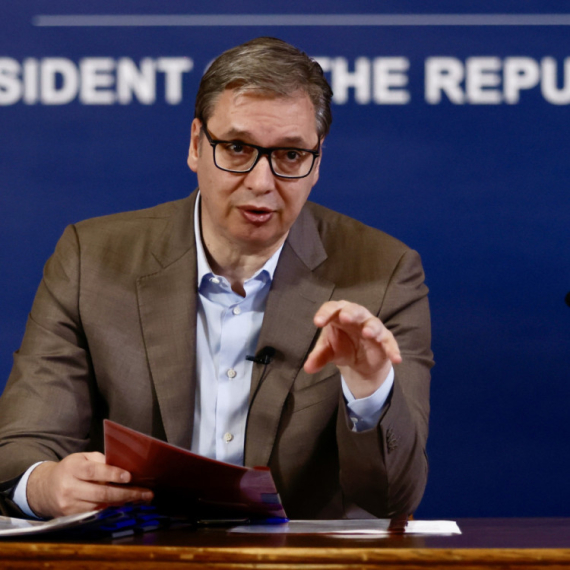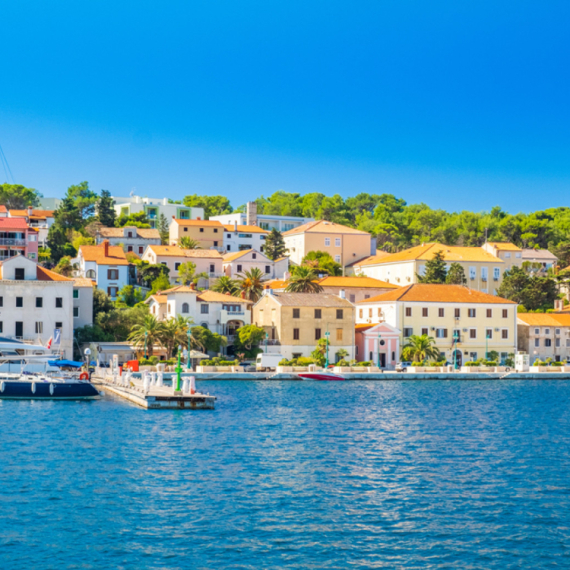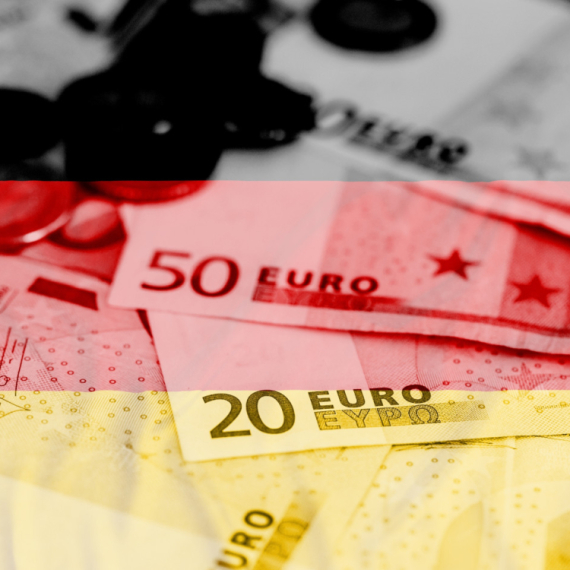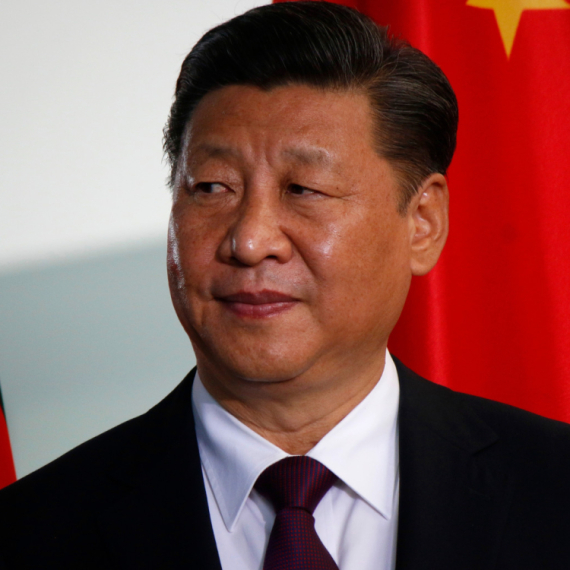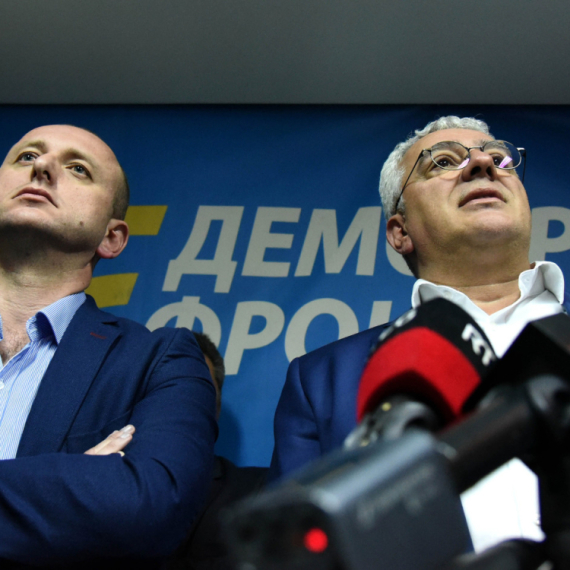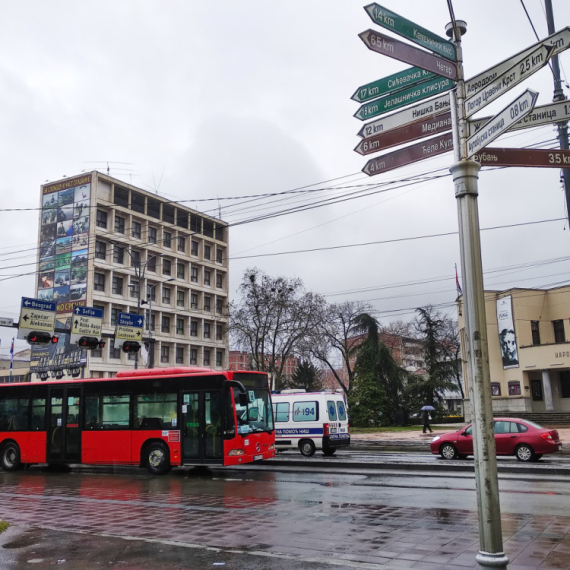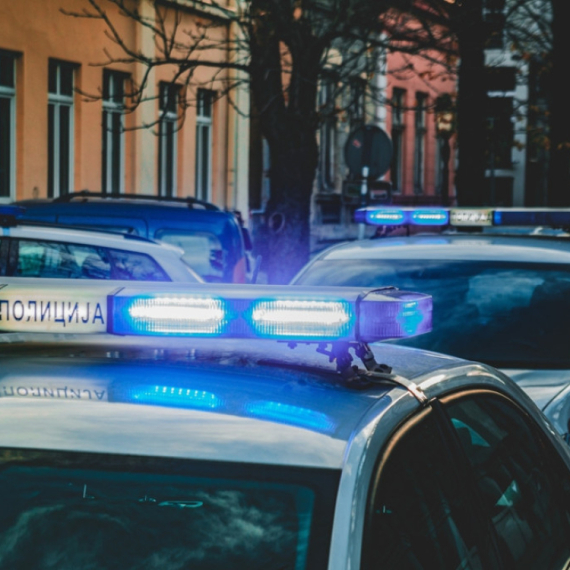Several European countries are changing their stance on nuclear energy, returning to its use as a response to energy insecurity and climate goals. Belgium has repealed the law on the gradual shutdown of nuclear reactors and plans to build new plants. Germany, despite closing its nuclear plants, is considering restarting them. Italy, Poland, Denmark, and Sweden are also reconsidering or planning a return to nuclear energy. The EU currently has about 120 nuclear reactors in 12 countries, producing nearly a quarter of the union’s electricity. While nuclear plants emit low pollutants and help meet climate goals, concerns remain about radioactive waste and the potential slowing of renewable energy development.
Political Perspectives:
Left: Left-leaning sources tend to emphasize the environmental and safety concerns related to nuclear energy, highlighting the risks of radioactive waste and the potential negative impact on the development of renewable energy sources. They may also stress the importance of investing in sustainable and clean energy alternatives rather than returning to nuclear power.
Center: Center-leaning sources present a balanced view, acknowledging the role of nuclear energy in ensuring energy security and meeting climate goals, especially in the context of geopolitical uncertainties affecting gas supplies. They highlight the pragmatic decisions of European countries to reconsider nuclear energy as part of a diversified energy mix while recognizing the challenges and controversies involved.
Right: Right-leaning sources emphasize the necessity of nuclear energy for energy independence, economic stability, and achieving low-carbon energy production. They often support the revival and expansion of nuclear power as a reliable and abundant energy source, framing it as a strategic move against reliance on foreign energy supplies and as a key component in meeting climate targets.





